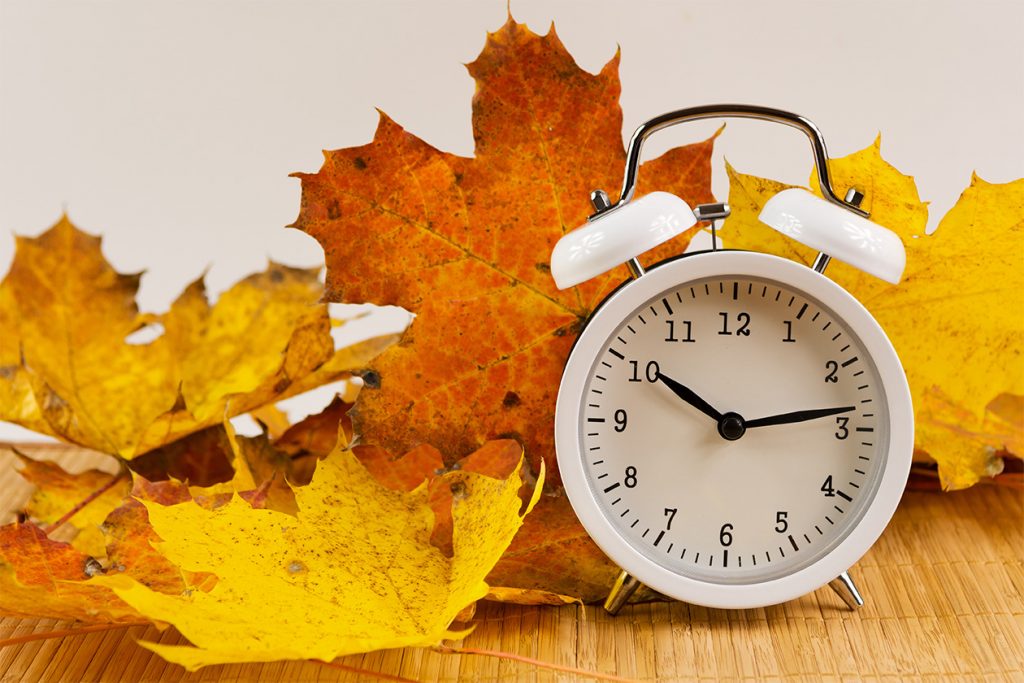September 2019
Sleeping Better as Summer Becomes Fall

Did you know that the season of falling leaves, pumpkins, and lattes can result in months of poor sleep for some people. While fall has its cool nights that provide a nice break from hot summer nights, sleep deprivation can actually become a major problem. But this time of the year doesn’t need to result in you frustrated and tired—check out our advice.
See the Light.
Fall’s shorter days mean that you’re not exposed to as much sunlight. Not only can this lower your level of vitamin D, which may leave you feeling fatigued, but it can throw off your circadian rhythm, which regulates feelings of wakefulness and sleepiness. Luckily, getting plenty of sun on your face in the morning can help you avoid this fall pitfall, so be sure to open the curtains as soon as you wake up and, if possible, go for an a.m. walk. After sunset, do the opposite and dim the indoor lights to get your body back on track.
Turn Down the Heat.
The crisp chill in the air is a welcome invitation to light the fireplace and crank up the heat, but it’s actually best to keep your home—or at least the bedroom—cool, because letting the thermostat go above 75 degrees Fahrenheit may mess with sleep. At night, your internal temperature drops slightly. If you get too hot, your body will struggle to bring its temperature back down, which can cause you to wake up. But don’t let it get too cold—temps below 54 can also interfere with your shut-eye.
Stay Happy.
Seasonal affective disorder (SAD), a type of depression that can set in during the fall and winter when the daylight hours grow shorter, affects about half a million people. While the cause of SAD is still unknown, the disorder can alter melatonin levels, which play a role in your sleep/wake cycle, and cause daytime sleepiness and oversleeping. To get back to a normal sleep schedule, exercise regularly, ensure that your bedroom is conducive to sleep (bye bye, electronics!), and aim to keep your bedtime and waking time consistent—even on the weekends.
Read the original article on Sleep.org here.